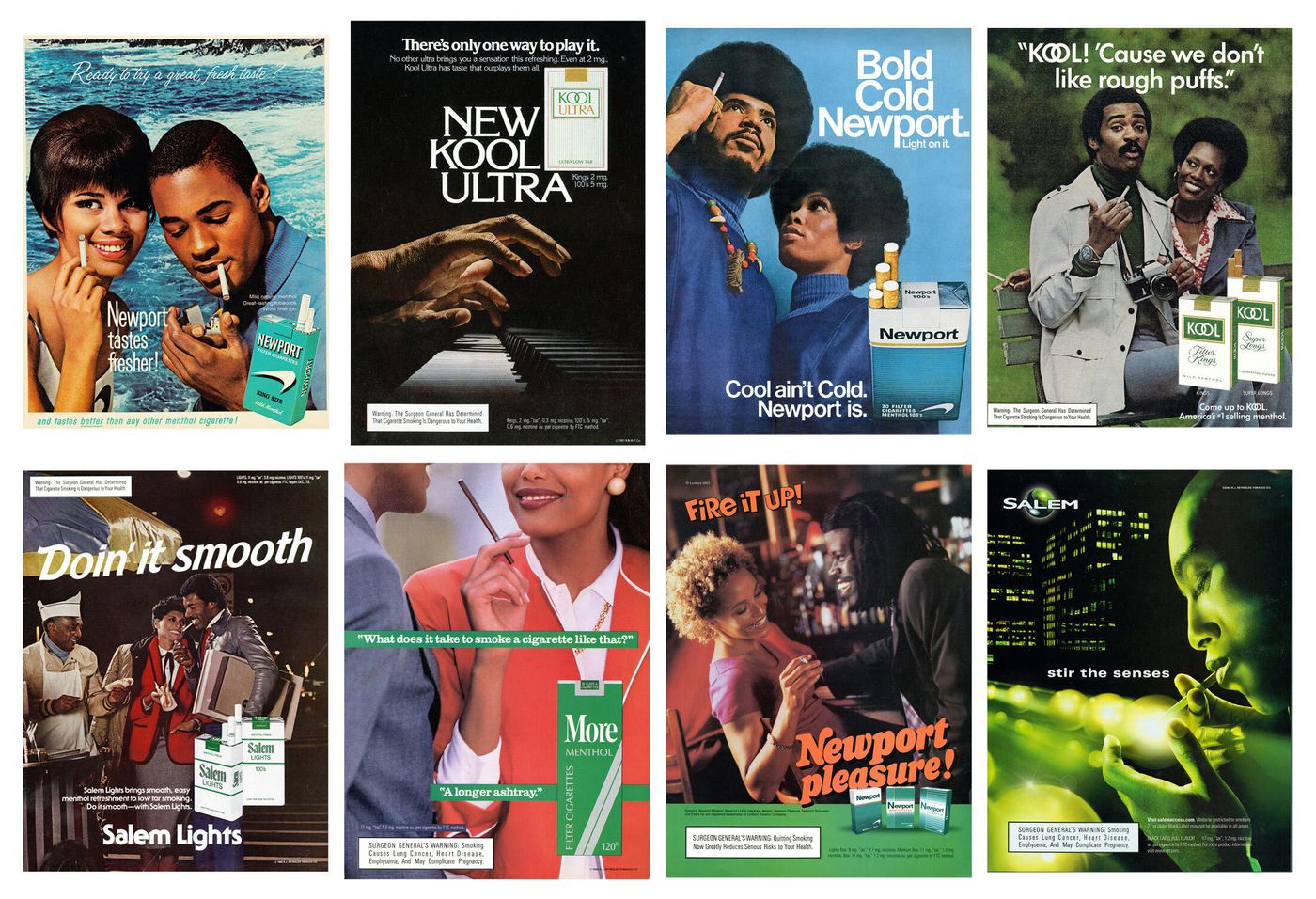In this post, Georgia Mannion-Krase (@GeorgiaMKrase) updates us on events at the E-Cigarette (EC) Summit held virtually on the 3-4th of December 2020.
In low- and middle-income countries (LMICs) the negative impact of the tobacco industry on health, public policy and the environment is well documented. Tobacco companies, whose headquarters are rarely in the countries that farm tobacco, frequently seek to undermine and influence governments’ trying to improve public health by using highly misleading arguments which are frequently presented via third parties whose links to industry are obscured. Tobacco control advocates in the eight LMICs interviewed by researchers at Bath had been threatened, followed and intimidated for their work. Marketing of tobacco products in these countries target women and children and adverts are found in higher concentrations than in high-income countries (HICs, which with a couple of exceptions generally refers to the global West).
Professor Frances Thirlway’s illuminating presentation at the conference showed that tobacco companies are marketing harder in LMICs to subsidise the losses caused by the uptake in vaping in HICs. Vaping products developed by the tobacco industry are much less popular among vapers and occupy a very small market share. The success of independent vape companies against Big Tobacco in the UK is a surprising David and Goliath story that evokes some Northern pride, as two-thirds of the biggest independent vape companies are in the North West of England*.
The exploitation of lower-income countries for product research and development in HICs is nothing if not colonial, however, it would be disingenuous to paint ‘the West’ as an entirely progressive, smokeless Eden. ‘Making Menthol Black’ is an information campaign by The Truth Initiative highlighting how the tobacco industry in the United States “profiled black communities, appropriated black culture in their ads, and flooded majority-black neighbourhoods with menthol marketing.” Tobacco companies that are still investing in vaping have been found to bend/break UK rules on advertising. The work of many experts at the conference showed that there needs to be a much more nuanced approach to smoking cessation in vulnerable groups in the UK.
Dr Sharon Cox presented research delving into how disadvantaged communities are ignored in the wider narrative of smoking cessation, and how centres helping homeless people vary wildly in their approach and support of people smoking/quitting/vaping. Dr Cox argues that not offering flavoured e-liquid, which are a legitimate and cheaper alternative to smoking, from disadvantaged people is both classist and discriminatory.
This is supported by Professor Caitlin Notley’s findings which show that a range of available flavours is key to supporting a switch from tobacco, and that “the people who can least afford it are the ones most likely to continue smoking tobacco.”
To support groups with complex health and social needs like homeless people, people with mental illness etc, there needs to be a more nuanced approach to providing treatment options. Dr Cox’s findings show that they won’t look the same as prevailing consumer options as there is a strong mistrust in government services (including stop smoking services run by local authorities) in the homeless population. The solution? More and better research, better communications.
Professor Schroeder agrees that “vulnerable people who have little influence, find that the exit ramp [from tobacco] is closed to them” by choice limitations after concerns about uptake by “the good kids”, and by this, he means the media image of middle-class white students. Professor Ahluwalia added his voice saying that we must consider marginalised groups accessing the safer option or “We run the risk of widening disparities and winding the clock backwards.”
Rather than divide the groups mentioned above into neat packages and assume there is no overlap, Dr Marjorie Innocent, Senior Director of Health Programs at the NAAP would have a campaign focussing on the forces influencing our self-determination. “When we have strategies that, in a very systematic way work to undermine both health as well as decision making for people, around good health, those are absolutely issues that in the end have to be defined as social justice issues”
Globally rates of tobacco use are dropping and there is no doubt that the health and economic cost is falling on minority and low socio-economic groups, not to mention the environmental impact in countries where tobacco is farmed.
Although it was refreshing and encouraging to see panellists addressing racism in the discussion around legislative attempts to change behaviour, we need more. More conversations centring and involving marginalised groups and more nuance and accountability from those in power.
If this conference had been a word cloud, the biggest phrase would be “but compared to tobacco” and the next biggest would be “more”.
*Correct as of January 2021, the top ten vape companies in the UK are Totally wicked (North West), Flavour Warehouse/Vampire Vape (North West), VPZ (Scotland), CutsIce (London), IVG Liquids (North West), NextGen360/Edge (North West), Vapouriz (Surrey), VN Labs/88Vape (North West), Dinner Lafy Fam (North West), DSL/Multivape/multicig (Nottingham)
The views expressed are those of the author. Posting of the blog does not signify that the Cancer Prevention Group endorse those views or opinions.
Share this Page

